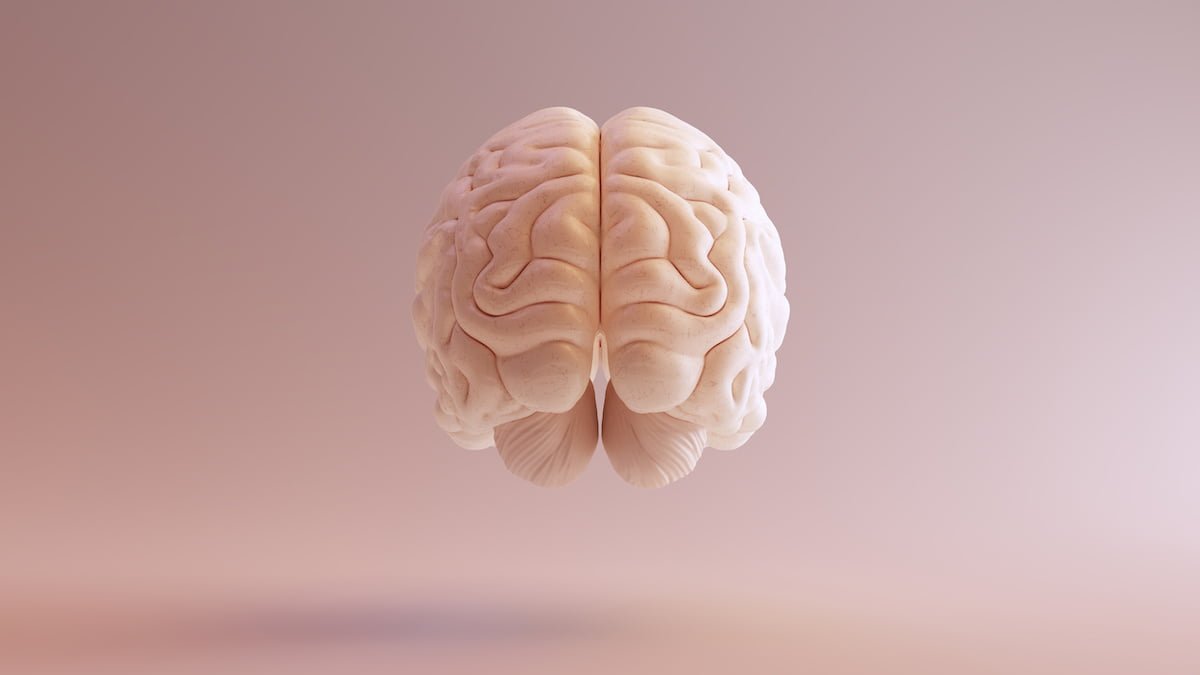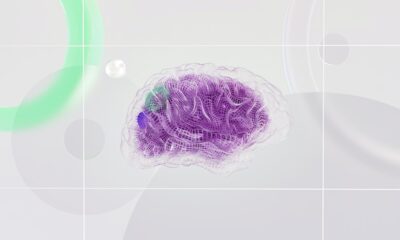New study findings have shown that mice respond more to the antidepressant effects of the drug ketamine when administered by men and not by women.
According to anecdotal reports and a small number of scientific reports, mice behave differently depending on which sex is handling them. The reports suggest that mice are more fearful and uptight around men and more relaxed and comfortable around women.
A team of researchers at the University of Maryland School of Medicine (UMSOM) has now shown that this behaviour does in fact impact the effects of ketamine on mice.
In the study ‘Inconvenient truths and the usefulness of identifying unknown unknowns‘, published in the journal Nature Neuroscience, the team demonstrated that the response of mice detected in a specific region of their brain from handling by a man is essential for ketamine’s effect to work. They also identified the mechanism behind this response.
Male vs female administration of ketamine
The researchers say that while the influence of the sex of the scientist administering ketamine is not directly relevant to the human response to ketamine, the brain mechanism underlying their findings could help determine why some people do not respond to ketamine anti-depressant therapy and suggest ways to potentially make this therapy work better for those patients who do not respond well.
Todd Gould, MD, Professor of Psychiatry at UMSOM, commented: “Our findings in mice suggests that activating a specific stress circuit in the brain may be a way to improve ketamine treatment.
“Our thought is that you may be able to provide a more robust antidepressant effect if you combine the ketamine with activation of this brain region, either a drug that spurs this process in the brain or even some sort of specific stressor.”
Gould’s team anecdotally noticed that ketamine’s antidepressant-like effects only seemed to work consistently when male researchers administered the treatment to mice.
The team reached out to other labs studying mouse responses to ketamine, who reported the same issues, but no one had yet systematically documented the phenomena and investigated the cause.
At the time, most of Gould’s team members were women and so figuring out why the experiments did not work when women performed them was essential to the team getting workable data.
The team began observing mouse preference for being around t-shirts or cotton swabs rubbed on the wrists, elbow or behind the ear that came from men versus women, finding that the mice preferred spending more time around t-shirts and cotton swabs that came from women rather than men.
When the researchers used a chemical to block the smell of the mice, they no longer preferred women’s t-shirts or cotton swabs over men’s.
“Compared to humans, mouse sense of smell and their sensitivity to pheromones (airborne hormones) are more keenly developed, so it’s not surprising that they respond differently to many smells, including those of men compared to women,” said Gould.
The team confirmed the original anecdotal findings with a systematic experiment using many researchers to verify that mice responded to ketamine when administered men, but not by women.
Corticotropin-releasing factor
To understand the mechanism behind why the mice behave this way the researchers investigated several factors potentially involved in mediating ketamine’s response in mice – settling on corticotropin-releasing factor (CRF).
CRF is located region of the brain, known as the hippocampus, which is responsible for learning and memory, and had previously been associated with depression. When the researchers had women administer the ketamine along with an injection of CRF, the mice finally responded to ketamine as if they were being treated with an antidepressant.
Polymnia Georgiou, PhD, a former postdoctoral fellow in Gould’s laboratory, who led the project, commented: “We think that some people may have higher or lower levels of CRF, and we believe that people do not respond well to ketamine antidepressant therapy might respond if we could administer the treatment with some CRF-related chemical that could induce ketamine’s effects,.
“Alternatively, we typically see the antidepressant effects of ketamine lasting one to three days, but with CRF administration, it is possible that we may be able to extend the effects to last longer with CRF.”
Mark Gladwin, MD, executive vice president for Medical Affairs, UM Baltimore, and the John Z. and Akiko K. Bowers Distinguished Professor and Dean at UMSOM, said: “These are exciting new findings that underscore the importance of basic research to lay the foundation for future clinical innovations.
“Our investigators are leaders in the study of new approaches for the treatment for depression, such as ketamine.
“They also found an unexpected interaction between the sex of the mice studied and the sex of the scientist administering the drugs, highlighting the importance of evaluating unexpected effects of our experimental systems and approaches.”
[activecampaign form=52]

 Opinion2 years ago
Opinion2 years ago
 Insight3 years ago
Insight3 years ago
 Medicinal2 years ago
Medicinal2 years ago
 Research2 years ago
Research2 years ago
 Medicinal2 years ago
Medicinal2 years ago
 Markets & Industry1 year ago
Markets & Industry1 year ago
 News3 years ago
News3 years ago
 Medicinal2 years ago
Medicinal2 years ago


















